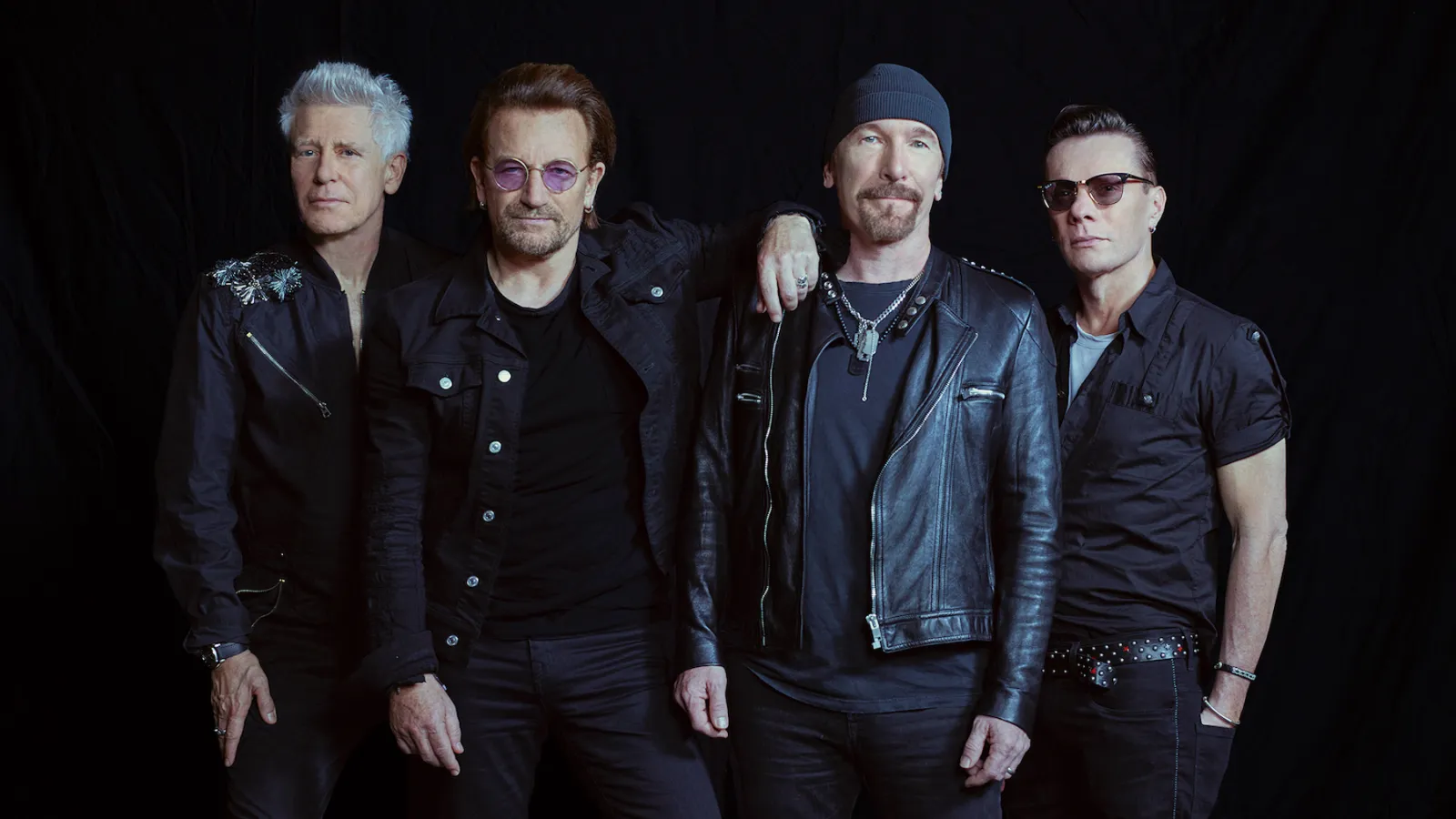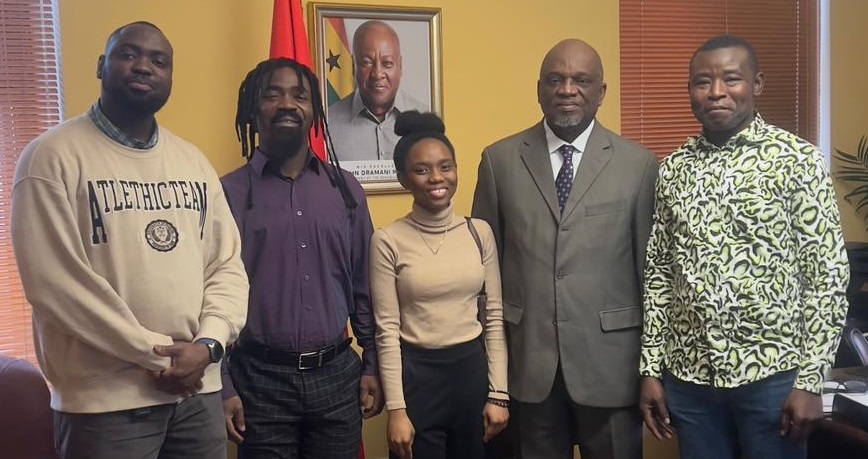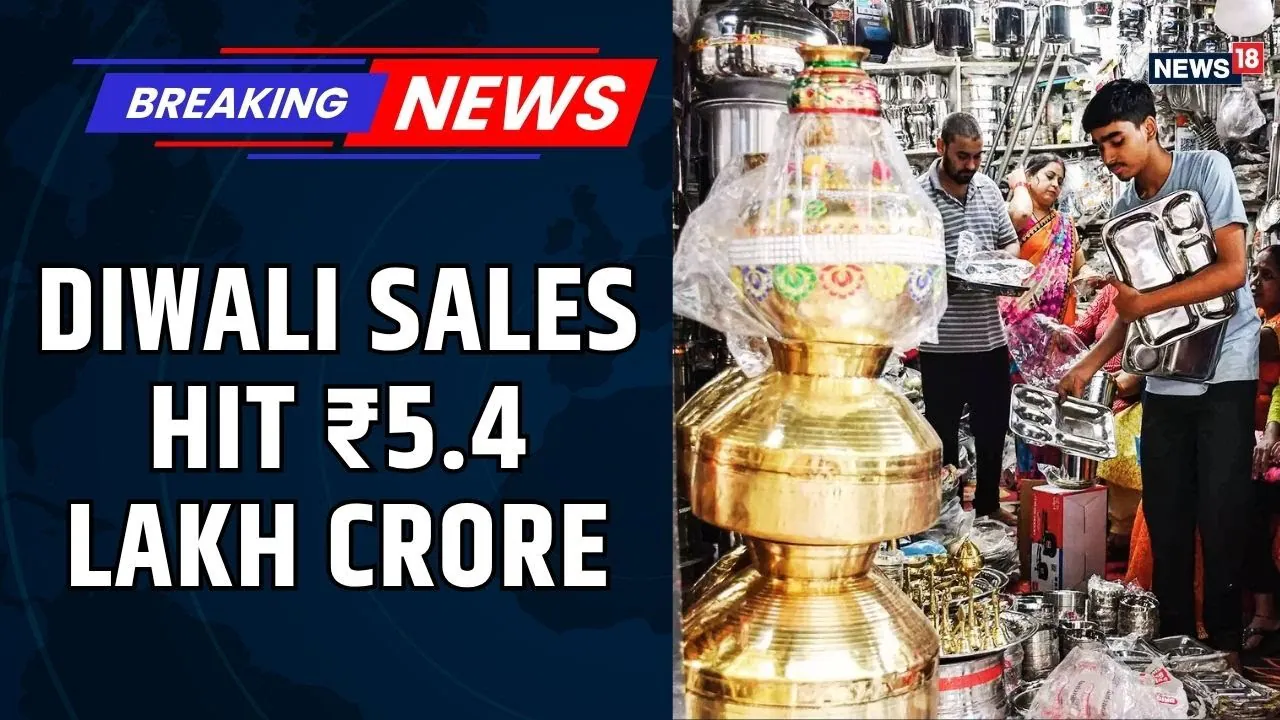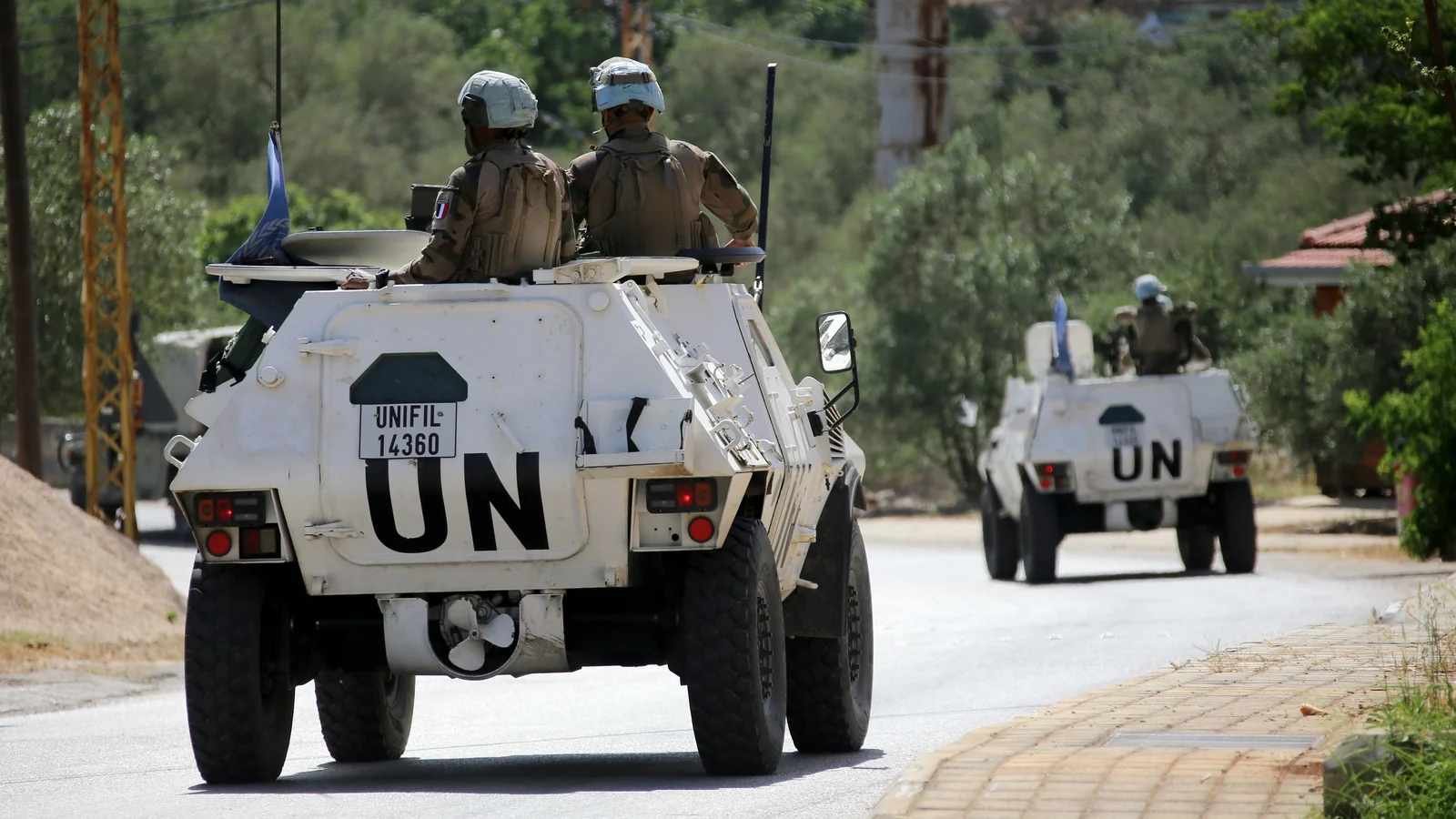Copyright zimeye
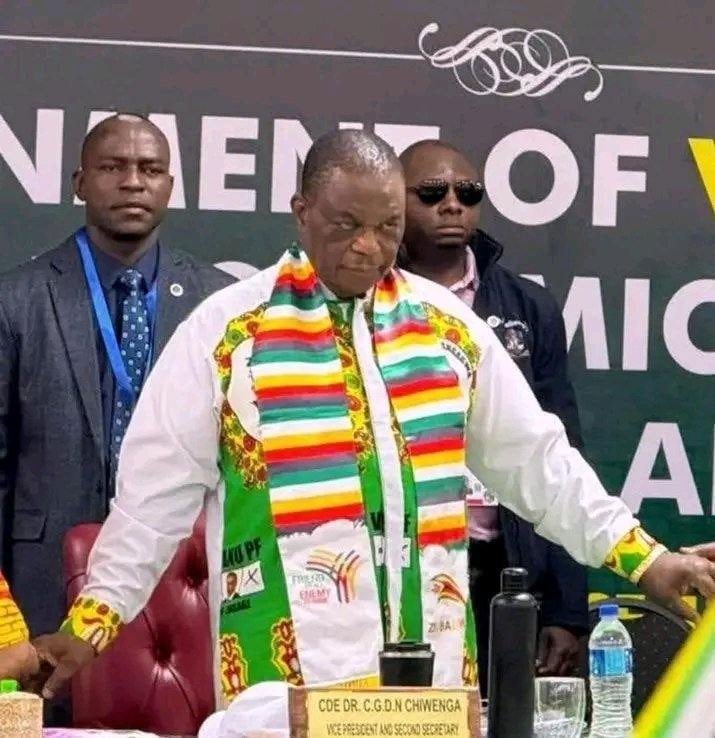
By a Correspondent — President Emmerson Mnangagwa has fired another group of Zanu PF officials linked to his deputy, Vice President Constantino Chiwenga, in what insiders describe as a calculated move to weaken the retired general’s influence ahead of the ruling party’s elective congress next year. The just-ended 22nd Zanu PF Annual National People’s Conference, held in Mutare last week, endorsed the expulsion of five senior party members — among them former Central Committee member and liberation war veteran Blessed Geza, once a staunch supporter of the ruling party who had become increasingly critical of its leadership. According to the Central Committee Report tabled by Mnangagwa, the conference ratified a series of disciplinary measures that included expulsions, suspensions, demotions, and acquittals. Zanu PF national chairperson and head of the National Disciplinary Committee, Oppah Muchinguri, said her committee handled 30 disciplinary cases during the review period, including two appeals. Those expelled include Blessed Geza and Gifford Gomwe from Mashonaland West Province, both accused of “undermining the authority of the President.” Others shown the door were Kudakwashe Gopi of Masvingo Province, and Victor Maningi and Spencer Mutero of Harare Province. Geza’s Background and Growing Rift Blessed Geza, a respected war veteran, once served in the Zanla forces during Zimbabwe’s liberation struggle. After independence, he became a grassroots mobiliser and later a Central Committee member. Known for defending the welfare of war veterans, Geza’s relationship with the Mnangagwa-led leadership deteriorated after he publicly criticised corruption, favouritism, and what he called the “commercialisation of loyalty” within the party. Sources say Geza was perceived as sympathetic to Vice President Chiwenga, himself a liberation war veteran and key figure in the 2017 military-assisted transition that ousted the late Robert Mugabe and installed Mnangagwa. His expulsion, therefore, is seen by analysts as part of Mnangagwa’s broader purge of officials perceived to be aligned with the former army commander. Mnangagwa–Chiwenga Power Struggles The friction between Mnangagwa and Chiwenga dates back to the aftermath of the 2017 coup. Although both men were central to Mugabe’s removal, their alliance quickly fractured over issues of succession, patronage, and control of key state institutions. Chiwenga, who controlled the military and commanded strong loyalty among war veterans, was initially viewed as Mnangagwa’s kingmaker — but soon emerged as his biggest internal rival. Mnangagwa, wary of Chiwenga’s military backing, gradually consolidated power by reassigning army loyalists, reshuffling security chiefs, and strengthening his political base through the party’s provincial structures. Several Chiwenga allies in both government and Zanu PF have since been sidelined through demotions, disciplinary action, or reassignment to obscure positions. Analysts say the latest expulsions represent a continuation of that political chess game. “Mnangagwa is systematically isolating Chiwenga’s supporters to ensure a clear path to his own succession plan,” said a Harare-based political commentator. “The Mutare conference shows that the President is now confident enough to act against anyone perceived as disloyal — even those with liberation credentials.” The Broader Political Implications Geza’s expulsion has reignited concerns of renewed factionalism within Zanu PF, reminiscent of the pre-2017 divisions that culminated in Mugabe’s ouster. War veterans, once Mnangagwa’s strongest constituency, are increasingly divided — with some openly accusing the leadership of betraying the liberation legacy. As Zanu PF prepares for its next elective congress, observers warn that the deepening rift between Mnangagwa and Chiwenga could destabilise the ruling party and even invite renewed military interference in politics — a spectre that continues to haunt Zimbabwe’s post-coup political landscape.
